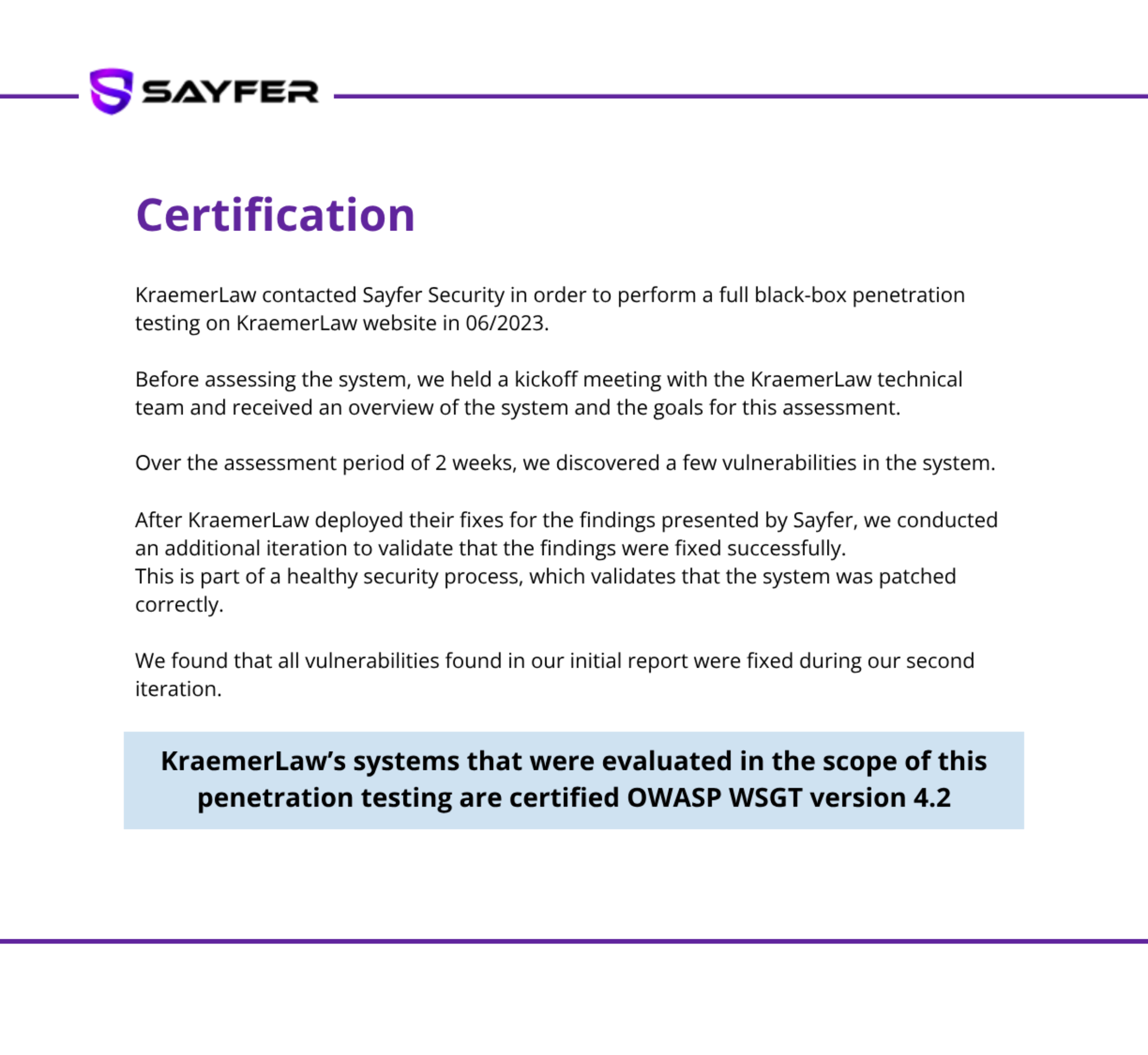The world of international business is complex and constantly evolving. An essential element of this complex web are the Holding Companies. This article aims to explore the attractiveness of holding companies by analyzing their concept, benefits and assets they can hold on to the current global commercial environment.


Understanding Holding Companies and the assets they can hold
A Holding Company is a legal entity incorporated in or outside the owner’s jurisdiction. It is a company often referred to as a Parent Company, whose primary function is to own, control and manage the assets of other companies, known as subsidiaries. These subsidiaries can be situated anywhere globally, conducting various business activities.
Holding Companies primarily hold controlling interests in other companies. However, beyond subsidiaries, they can also hold a range of other assets, including:
- Intellectual Property: This encompasses patents, trademarks, copyrights, and other forms of intellectual property, allowing owners to potentially benefit from favorable intellectual property rights regimes in specific jurisdictions.
- Real Estate: Holding Companies can be used to own and manage real estate investments globally, potentially enjoying tax benefits and asset protection advantages associated with the chosen jurisdiction.
- Financial Instruments: Stocks, bonds, mutual funds, and other financial instruments can be held through Holding Companies, potentially facilitating access to international investment opportunities and potentially minimizing taxes on capital gains.

Benefits of Utilizing Holding Companies
The establishment of Holding Companies presents several attractive advantages, which we can detail below:
- Enhanced Privacy: Unlike public companies, Holding Companies are often incorporated in offshore jurisdictions that typically offer more privacy and confidentiality of the ownership structure. This allows owners to maintain a greater sense of anonymity when conducting international business.
- Tax Optimization: Setting up a Holding Company is driven by the potential for tax optimization, as offshore jurisdictions offer competitive tax environments with reduced corporate tax rates, exemptions, or complete tax neutrality, resulting in greater profitability for the beneficial owners.
- Asset Protection: Holding Companies can effectively protect against potential legal liability. By holding assets through a parent company, the subsidiary’s underlying assets are protected from lawsuits, judgments, or political instability that may occur in the owner’s country. This creates a vital layer of protection for valuable assets.
- Centralized Management: A holding company can serve as a central hub for managing and controlling a diversified portfolio of assets in different geographical locations. This simplifies management processes and enables efficient decision-making in complex company structures.

Important Considerations
Although holding companies offer many benefits, it is important to consider certain key points before thinking about them:
- Compliance Requirements: The Holding Companies operations are subject to specific compliance regulations and reporting requirements, which vary depending on the jurisdiction selected. To manage this complexity and ensure compliance with all applicable regulations, it is critical to consult with professional legal and tax advisors.
- Reputation and Transparency: Responsible and transparent management practices are critical when using Holding Companies, especially if offshore structures are used. Conducting legitimate business activities and adhering to ethical principles is critical to maintaining a good reputation and avoiding potential reputational risks
In conclusion, Holding companies are a complex yet valuable tool in the international financial landscape. While their advantages, such as tax optimization, asset protection, and centralized management, hold considerable appeal, thorough understanding and careful consideration are essential before their implementation so individuals and corporations can navigate the intricacies of this domain and make informed decisions about incorporating them into their global business strategies. However, responsible management, compliance with regulations, and ethical practices are crucial to ensuring the success and sustainability of offshore holding structures in today’s increasingly transparent and interconnected world.


Get the right legal advice
When setting up a holding company, it’s essential to have access to knowledgeable legal counsel to assist with the procedure and address your queries. Kraemer & Kraemer provides this expertise through a team of experienced attorneys specializing in offshore investments, corporate law, and immigration law. Contact us today!






